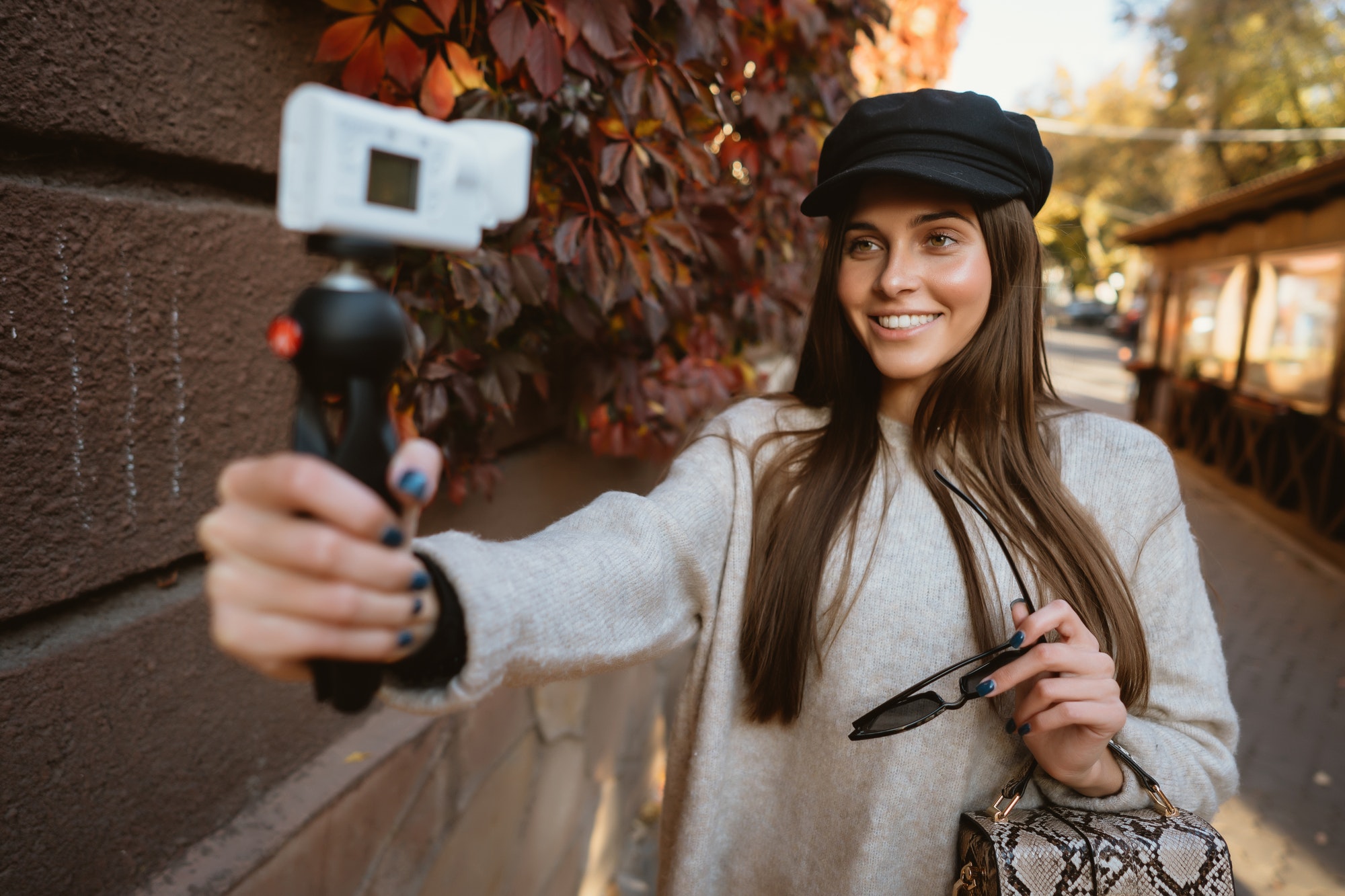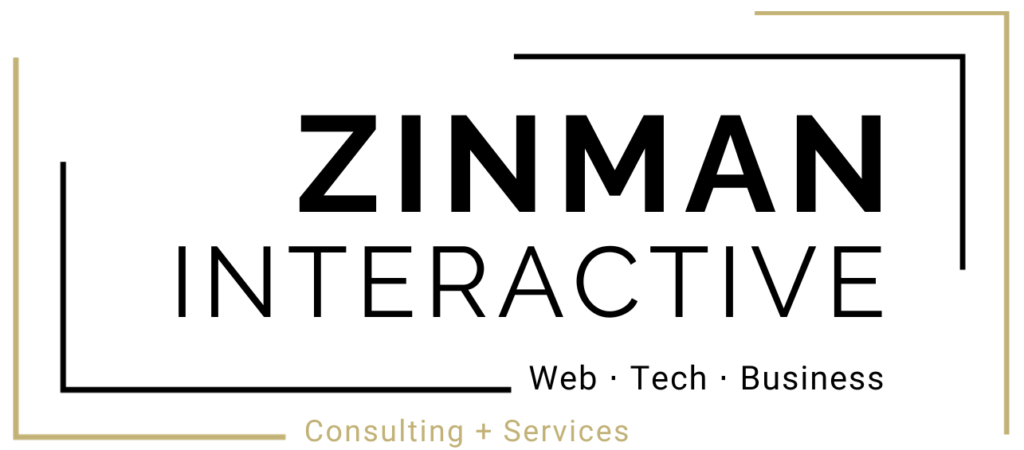
We are very fortunate in 2020 to have so many opportunities to make money and create continued income from our phones and computers. Several thousands of people have built their business this way through blogging or becoming a social media influencer… or both in many cases. When you consider this, it is an amazing time to be alive! Unfortunately, as I write this, many people who have worked hard and spent countless hours building a business online have had that very business stripped away from them by the platform they’ve built it on. As a digital marketer I have been able to help some of those people regain access to their social media business accounts. Every time I have set out to assist in these situations I have to get a complete story as to what happened leading up to the account lockout or de-activation. Over time I have noticed some common themes in what went wrong, which has prompted to me to write this. My hope is that by sharing some “best practices” influencers and bloggers will be able to avoid having this happen to them.
Before I list all of the necessary steps to take in order to secure your social media account(s), I do want to point out some best practices for digital business in general which will ultimately help you on Instagram, Facebook and other social outlets.
- Do not put all of your eggs in one basket! If you’ve built a business on your Instagram account as an influencer you need to make sure your content exists elsewhere too and work that platform just as hard as you work Instagram. This means having a blog that you own and a Facebook business page, at a minimum, which I’ll get into in more detail below. You should also be present on as many social outlets as possible, that are even remotely relevant for your audience: Pinterest, YouTube, Medium, etc. The reason for this is that you could lose the one account you’ve worked so hard to build if the platform de-activates you or if the platform goes away suddenly. I know the latter is hard to comprehend when some of these platforms are so widely used, and to that point I have one word for you: Vine. If you’re not familiar, please read the link content. You also should be using affiliate links on your website or blog(Amazon or others) and ad programs such as Google Adsense to put money in your pocket via other avenues that are low hanging fruit if you are already a content creator.
- Make sure your business has an Employer Identification Number (EIN) with the IRS! This does not mean you have to register your business as a corporate entity. What it does mean is that you have to register it, period. You can apply for an EIN as a sole proprietor using only your given name at birth and utilize a Doing Business As(dba) name, or not, when filing taxes. There is a bit more to this and you can find more information at the IRS website, but the point I’m making is: Make sure you register your business. You can do this yourself or through an attorney or other reputable service. If you file online yourself you will have an immediate confirmation letter from the IRS.
- Establish your business presence outside of your own accounts! This could be done in multiple ways: sponsorships with brands and businesses, press mentions and interviews, marketing partnerships, Instagram account takeovers, etc. My best recommendation here is to find money to hire a Public Relations Pro who can help secure your public presence, typically in the least amount of time. A good PR Pro will be able to assess your needs accurately and will be worth their weight in gold!
- Create a Google My Business page. You no longer have to link this to a physical public address so every business entity should have one! If your web admin has this page claimed already check it to make sure everything is correct and then get them to add you as the business owner.
Now, to get back to the platform best practices specific to Instagram and Facebook. My focus is on those two because so many of you have built businesses on Instagram, which Facebook owns. Note that I have included links to help you implement all of these steps, and that it will take some time to get through all of this but it is well worth the investment in yourself. I know that a large majority of influencers prefer to not use Facebook as the audience engagement is not nearly as good as Instagram or focusing on your YouTube SEO. Because IG and FB are the same company it is smart of you to have a connected Facebook business page in order to prove your business existence should you encounter any problems on the Instagram platform with your account. Also, requests for support often go nowhere because one of the fastest ways to get Instagram help is by starting at Facebook and giving them your connected page ID or ad account ID number. Trust me… I’ve done this way too many times and wish all of them were successful, and can tell you some people never get their accounts back.
How To Secure Your Instagram and Facebook Personal and Business Accounts:
- Legitimize yourself. See items above…
- Create a Facebook Business Manager account. And add your Facebook Business page to this account. If you do not have one already, create one. You have to wait 7 days from the time you create it or become an Admin until the time you can add it to your Business account. Having and using a Business Manager account will not only let Facebook and Instagram know you are a legitimate business but it will also open up a large variety of tools to you, to be utilized on both platforms as well as your website/blog. Here is more information on what you can do with Business Manager.
- Make your Instagram profile a business account. Next you will add this to your FB Business Manager as an asset and assign it to your FB Business page.
- Ensure ALL INFORMATION on Facebook and Instagram pages match such as your location/physical address, email address, contact phone, URL, etc.
- Be sure that your Facebook personal profile is a legitimate representation of you. If it is not and your public name is Ima Foodie or some such made up name(or your business name) you will be completely screwed if you ever get locked out. I urge you to change it now because you will have no way to prove you own that profile unless it is at least close to the name on your ID. Facebook is cracking down on this hard – especially pre-election 2020 since they were called to task on election 2016 ads from unverifiable sources. For more information on what Facebook allows check here.
- Last, but not least on this list: Follow the rules!
In addition to doing these very basic things for Instagram and Facebook account health you should also consider working on some of the more advanced functions of the Facebook Business Manager account. There are many advantages to doing this for your Facebook, Instagram and website or blog. Not only can you track analytical usage data between social users and site/blog users but you can also add your catalog of products from your website so that they can be fully shoppable from posts in both platforms. Once you setup the Business Manager account you can connect your existing or new ad account and assign privileges to people who work for you or in partnership with your business – to manage any asset you would like.
My next post on this topic will address those advanced options available through Facebook Business Manager. In the meantime, happy posting! And if you need assistance feel free to contact us. We would much rather help you be proactive now, than reactive to an account lockout!
Beth Zinman

